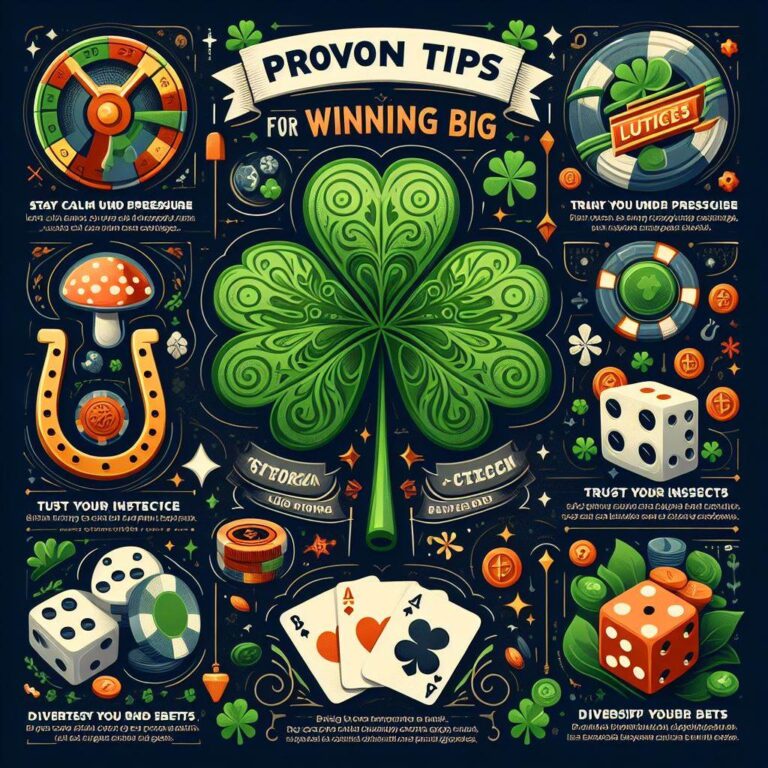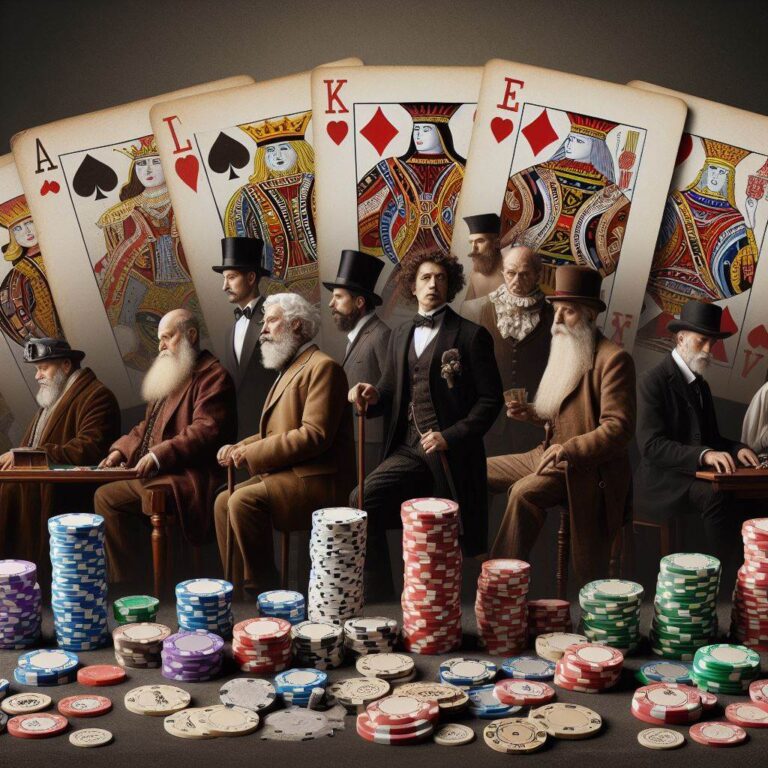Strategic Moves: Advanced Poker Techniques for Winning Big
Poker is not just a game of luck; it’s a complex battle of wits, psychology, Strategic Moves Advanced Poker Strategic Moves Advanced Poker and strategy. Mastering poker requires understanding a wide range of advanced techniques that can dramatically increase your chances of success. This article delves into some of the sophisticated strategies that professional poker players employ to dominate the game and consistently win big.
Understanding Range Balancing
One of the key concepts in advanced poker strategy is range balancing. This involves varying your play to keep opponents guessing about your hand. By balancing the range of hands you bet with, you prevent more skilled opponents from reading your strategy. This means sometimes bluffing with weak hands and playing conservatively with strong hands. Effective range balancing confuses your opponents and can lead to them making costly mistakes.
The Art of the Bluff
Bluffing is an integral part of poker, but the most successful bluffs are those that are well-timed and well-executed. Advanced players know not just when to bluff, but how to bluff. They consider factors such as their position at the table, the betting history of the hand, the tendencies of their opponents, and the size of their bets. Successful bluffing involves convincing your opponents that your hand is stronger or weaker than it actually is, Strategic Moves Advanced Poker leading them to fold or call when it’s most advantageous for you.
Pot Odds and Expected Value
Understanding pot odds (the ratio of the current size of the pot to the cost of a contemplated call) and expected value (the anticipated benefit from a bet considering all possible outcomes) is crucial for making informed decisions. Advanced players use these mathematical concepts to decide when to call, raise, or fold. They calculate the potential return on a bet and weigh it against the risk, considering the strength of their hand and the likelihood of opponents holding better hands.
Positional Awareness
Position is a powerful factor in poker, and its importance cannot be overstated. Playing from a late position (being one of the last to act) provides a significant advantage because you can see how other players act before you need to make a decision. This allows you to make more informed choices about betting, holding, or folding. Advanced players exploit their position to exert pressure on opponents and control the flow of the game.
Multi-Level Thinking
Advanced poker players think on multiple levels. Level 1 is thinking about your own hand, Level 2 is considering what your opponent has, Level 3 is pondering what your opponent thinks you have, and Level 4 involves what your opponent thinks you think they have. By operating on higher levels, seasoned players better predict and manipulate opponents’ actions. This kind of thinking helps in making more strategic decisions about every move in the game.
Psychological Tactics
Poker is as much about playing the players as it is about playing the cards. Advanced techniques include using psychological tactics such as the “false tell” (deliberately giving the impression you’re bluffing when you have a strong hand) or the “reverse bluff” (convincing players you have a strong hand when you are weak). Understanding and manipulating the psychological aspect of poker can be as important as the cards you are dealt.
Continuous Learning and Adaptation
The best poker players are perpetual students of the game. They constantly review their own play and the play of others to learn from mistakes and successes. They adapt their strategy based on new information and changing dynamics at the table. This ongoing learning and adaptation make them unpredictable and difficult to combat.
Conclusion
These advanced poker strategies are crucial for anyone looking to elevate their game and increase their winnings. While understanding these concepts is one thing, mastering them requires practice, patience, and a deep, ongoing study of the game. Whether you’re playing in a casual game or a high-stakes tournament, these strategies can provide the edge needed to come out on top. Poker isn’t just a game of chance; it’s a game of skill, strategy, and psychological warfare, where the most prepared and adaptable players excel.
Read More: Bankroll Management: How to Sustain Your Play in Casino Poker






